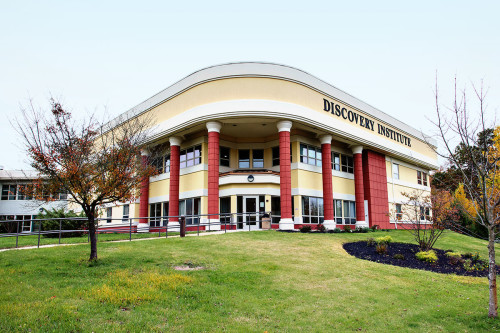

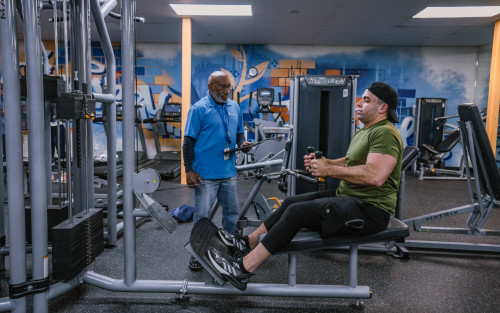



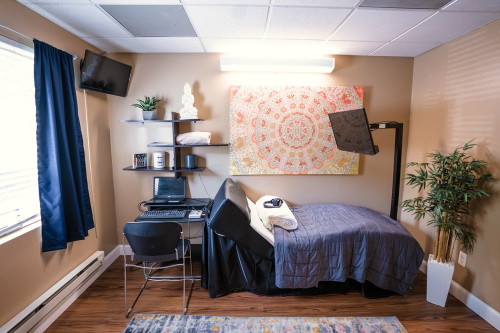
Discovery Institute For Men
Verified Center
This provider's information has been quality-checked by Recovery.com's Research Team for accuracy and completeness, including center verification through appropriate third-party organizations.
Treatment Focus
This center treats substance use disorders and co-occurring mental health conditions. Your treatment plan addresses each condition at once with personalized, compassionate care for comprehensive healing.
Primary Level of Care
Offering intensive care with 24/7 monitoring, residential treatment is typically 30 days and can cover multiple levels of care. Length can range from 14 to 90 days typically.
Treatment Focus
This center treats substance use disorders and co-occurring mental health conditions. Your treatment plan addresses each condition at once with personalized, compassionate care for comprehensive healing.
Primary Level of Care
Offering intensive care with 24/7 monitoring, residential treatment is typically 30 days and can cover multiple levels of care. Length can range from 14 to 90 days typically.
Provider's Policy
Insurance verification helps give us more insight on how we can help you get the best addiction treatment that you can. Our goal is to get you on the road to recovery as quickly and efficiently as possible. Our self assessment can help you get treatment faster.
Discovery Institute For Men
Discovery Institute For Men
About Discovery Institute For Men
Discovery Institute provides multiple levels of care to treat men with addiction and co-occurring mental concerns. They offer medical detox, residential, day treatment (partial hospitalization), intensive outpatient (IOP), outpatient (OP), and virtual telehealth. Clients participate in a thorough physical and mental assessment before starting treatment. Discovery Institute additionally helps clients find and connect with sober living homes.
Evidence-Based Clinical Care
Discovery Institute's medical detox provides 24/7 care with access to doctors, nurses, and therapists. They monitor clients' vitals and symptoms throughout detox. Discovery Institute's residential and outpatient programs treat primary substance use disorder and co-occurring mental health disorders such as anxiety, bipolar disorder, depression, and trauma. They offer evidence-based therapies like cognitive behavioral therapy (CBT), dialectical behavioral therapy (DBT), and relapse prevention counseling to get to the root cause of the condition(s).
Specialized Treatment for Different Age Groups
Discovery Institute has programs for young adults, adults, and seniors. Their young adult's program has age-specific groups to help clients address their unique challenges in recovery. Discovery Institute’s adult program provides marital counseling, long-term financial and life planning, assistance getting back into the workforce, and help with legal issues. Discovery Institute cares for senior clients with medical treatment for chronic illnesses like diabetes and cardiovascular issues, as well as acute physical issues such as fractures and sprains.
Family and Holistic Therapies
Discovery Institute provides a robust family program with virtual therapy every Tuesday at 6 pm. Sessions discuss topics like enabling behaviors, managing stress and expectations, and recovery fellowships. Discovery Institute provides a holistic approach to recovery with yoga, meditation practices, acupuncture, and Reiki. They additionally have nutritional counseling and art therapy. Equine therapy is offered off-site.
Detox Program
Advanced Technology

Highlights from the Center
Highlights
These highlights are provided by and paid for by the center.
Private Rooms Available
Tech Friendly
Men Only
Center Overview
Treatment Focus
This center treats substance use disorders and co-occurring mental health conditions. Your treatment plan addresses each condition at once with personalized, compassionate care for comprehensive healing.
Joint Commission Accredited
The Joint Commission accreditation is a voluntary, objective process that evaluates and accredits healthcare organizations (like treatment centers) based on performance standards designed to improve quality and safety for patients. To be accredited means the treatment center has been found to meet the Commission's standards for quality and safety in patient care.
Insurance Accepted
Cash Pay Rates
Estimated Cash Pay Rate
Center pricing can vary based on program and length of stay. Contact the center for more information. Recovery.com strives for price transparency so you can make an informed decision.
Meet Your Care Team

Joseph N. Ranieri
Medical Director

Nicole Kemprowski
Primary Counselor

Domenic Buonadonna
Primary Counselor

Anthony Lanni
Primary Counselor
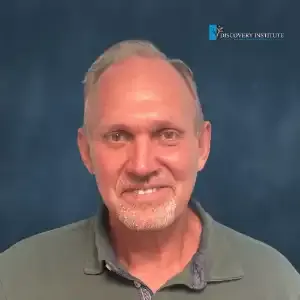
Kyle Midgley
Clinical Coordinator
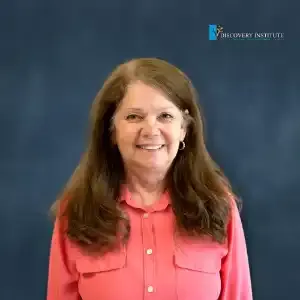
Christine Budnick
Primary Counselor
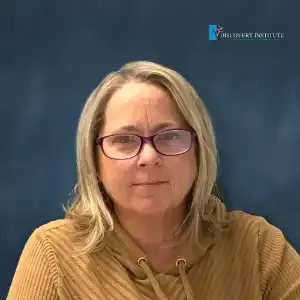
Bridget Cowen
Primary Counselor
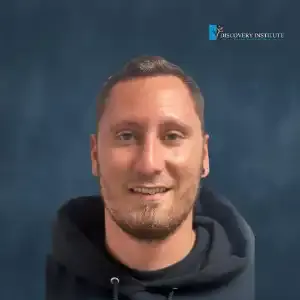
Kyle Costanza
Discharge Planner
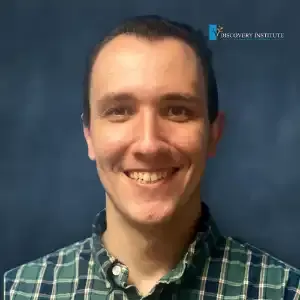
Christopher Dunkak
Primary Counselor
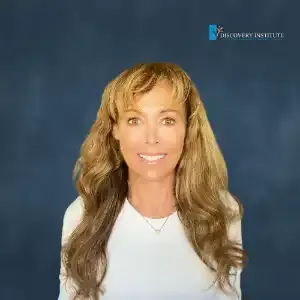
Jennifer Barr Whaley
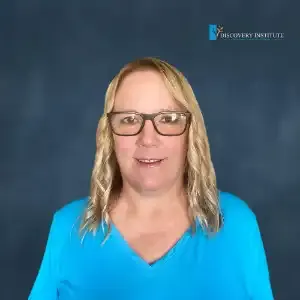
Elizabeth Davies
Primary Counselor
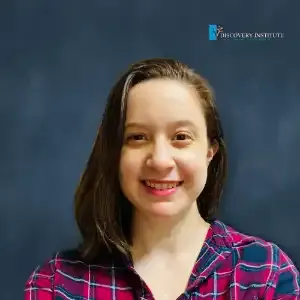
Sara O’Neill
STS Counselor
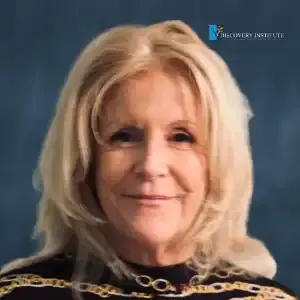
Catherine Korzemba
Primary Counselor
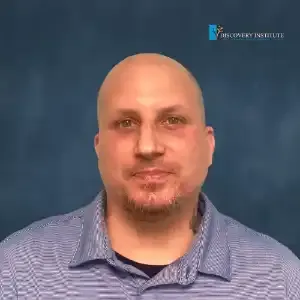
George Cumella




Levels of Care







Your Care Options
Specializations
Cocaine
Cocaine is a stimulant with euphoric effects. Agitation, muscle ticks, psychosis, and heart issues are common symptoms of cocaine abuse.
Drug Addiction
Drug addiction is the excessive and repetitive use of substances, despite harmful consequences to a person's life, health, and relationships.
Methamphetamine
Methamphetamine, or meth, increases energy, agitation, and paranoia. Long-term use can result in severe physical and mental health issues.
Opioids
Opioids produce pain-relief and euphoria, which can lead to addiction. This class of drugs includes prescribed medication and the illegal drug heroin.
Who We Treat
Older Adults
Addiction and mental health treatment caters to adults 55+ and the age-specific challenges that can come with recovery, wellness, and overall happiness.
Executives
Executive treatment programs typically directly support the needs of people who manage businesses and may provide flexible schedules and office space to allow work during treatment.
Young Adults
Emerging adults ages 18-25 receive treatment catered to the unique challenges of early adulthood, like college, risky behaviors, and vocational struggles.
Midlife Adults
For adults ages 40+, treatment shifts to focus on the unique challenges, blocks, and risk factors of their age group, and unites peers in a similar community.
Professionals
Busy, high-ranking professionals get the personalized treatment they need with greater accommodations for work, privacy, and outside communication.
Approaches
Evidence-Based
A combination of scientifically rooted therapies and treatments make up evidence-based care, defined by their measured and proven results.
Family Involvement
Providers involve family in the treatment of their loved one through family therapy, visits, or both–because addiction is a family disease.
Holistic
A non-medicinal, wellness-focused approach that aims to align the mind, body, and spirit for deep and lasting healing.
Twelve Step
Incorporating spirituality, community, and responsibility, 12-Step philosophies prioritize the guidance of a Higher Power and a continuation of 12-Step practices.
Gender-Specific
Separate treatment for men or women can create strong peer connections and remove barriers related to trauma, shame, and gender-specific nuances.
Therapies
1-on-1 Counseling
Patient and therapist meet 1-on-1 to work through difficult emotions and behavioral challenges in a personal, private setting.
Meditation & Mindfulness
A practiced state of mind that brings patients to the present. It allows them to become fully aware of themselves, their feelings, and the present moment.
Aromatherapy
Inhaling or topically applying essential oils can help relieve stress, soothe pains, and relieve emotional distress.
Couples Counseling
Partners work to improve their communication patterns, using advice from their therapist to better their relationship and make healthy changes.
Equine Therapy
Guided interactions with trained horses, their handler, and a therapist can help patients improve their self-esteem, trust, empathy, and social skills.
Family Therapy
Family therapy addresses group dynamics within a family system, with a focus on improving communication and interrupting unhealthy relationship patterns.
Music Therapy
Singing, performing, and even listening to music can be therapeutic. Music therapy sessions are facilitated by certified counselors.
Psychoeducation
This method combines treatment with education, teaching patients about different paths toward recovery. This empowers them to make more effective decisions.
Conditions We Treat
Grief and Loss
Grief is a natural reaction to loss, but severe grief can interfere with your ability to function. You can get treatment for this condition.
ADHD, ADD
ADHD is a common mental health condition caused by dopamine imbalance. Common symptoms include inattention, hyperactivitiy, and impulsivity.
Anger
Although anger itself isn't a disorder, it can get out of hand. If this feeling interferes with your relationships and daily functioning, treatment can help.
Anxiety
Anxiety is a common mental health condition that can include excessive worry, panic attacks, physical tension, and increased blood pressure.
Bipolar
This mental health condition is characterized by extreme mood swings between depression, mania, and remission.
Codependency
Codependency is a pattern of emotional dependence and controlling behavior. It's most common among people with addicted loved ones.
Depression
Symptoms of depression may include fatigue, a sense of numbness, and loss of interest in activities. This condition can range from mild to severe.
Obsessive Compulsive Disorder (OCD)
OCD is characterized by intrusive and distressing thoughts that drive repetitive behaviors. This pattern disrupts daily life and relationships.
Post Traumatic Stress Disorder
PTSD is a long-term mental health issue caused by a disturbing event or events. Symptoms include anxiety, dissociation, flashbacks, and intrusive thoughts.
Substances We Treat
Alcohol
Using alcohol as a coping mechanism, or drinking excessively throughout the week, signals an alcohol use disorder.
Benzodiazepines
Benzodiazepines are prescribed to treat anxiety and sleep issues. They are highly habit forming, and their abuse can cause mood changes and poor judgement.
Chronic Relapse
Consistent relapse occurs repeatedly, after partial recovery from addiction. This condition requires long-term treatment.
Co-Occurring Disorders
A person with multiple mental health diagnoses, such as addiction and depression, has co-occurring disorders also called dual diagnosis.
Cocaine
Cocaine is a stimulant with euphoric effects. Agitation, muscle ticks, psychosis, and heart issues are common symptoms of cocaine abuse.
Drug Addiction
Drug addiction is the excessive and repetitive use of substances, despite harmful consequences to a person's life, health, and relationships.
Ecstasy
Ecstasy is a stimulant that causes intense euphoria and heightened awareness. Abuse of this drug can trigger depression, insomnia, and memory problems.
Heroin
Heroin is a highly addictive and illegal opioid. It can cause insomnia, collapsed veins, heart issues, and additional mental health issues.
Psychedelics
Hallucinogenic drugs—like LSD—cause euphoria and increased sensory experiences. When abused, they can lead to depression and psychosis.
Languages
Care Designed for Your Needs
Personal Amenities
Amenities
Special Considerations
Flexible technology policies
Centers with flexible technology policies allow professionals to stay in touch with work and give patients a greater sense of connection and normalcy.
Gender-specific groups
Patients in gender-specific groups gain the opportunity to discuss challenges unique to their gender in a comfortable, safe setting conducive to healing.
Healthy Meals are provided
Great food meets great treatment, with providers serving healthy meals to restore nutrition, wellbeing, and health.
First Responders Program
Paramedics, police officers, firefighters, and others join in a specific First Responders program, usually focused on trauma, grief, and work-life balance.
Activities
Yoga
Yoga is both a physical and spiritual practice. It includes a flow of movement, breathing techniques, and meditation.
Off-Site Amenities
What people are saying
Treatment
4.1
Accommodations
4.3
Food & Nutrition
4.3
Value
4.3
Pros
- Very Informative (2)
- Family Program (2)
- Treated My Loved One With Respect (2)
- Trustworthy (2)
Sandra manna sluke
Treatment in 2023 • (30 days) • Reviewed 02/15/24
Loved One of a Former Client
Anonymous
Treatment in 2023 • (30 days) • Reviewed 02/18/24
Loved One of a Former Client
Anonymous
Reviewed 02/15/24
Referring Professional
•Outreach coordinator
Alexandra
Reviewed 09/03/15
Review from Rehabs.com
JD
Reviewed 02/22/18
Review from Rehabs.com






